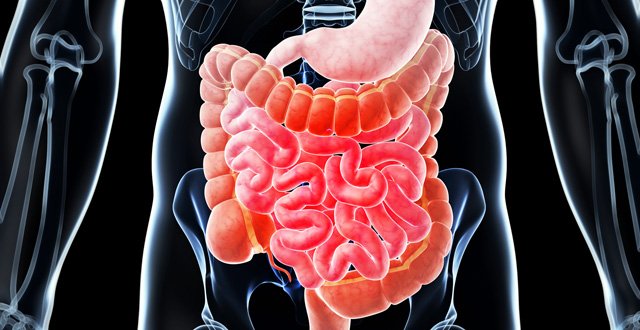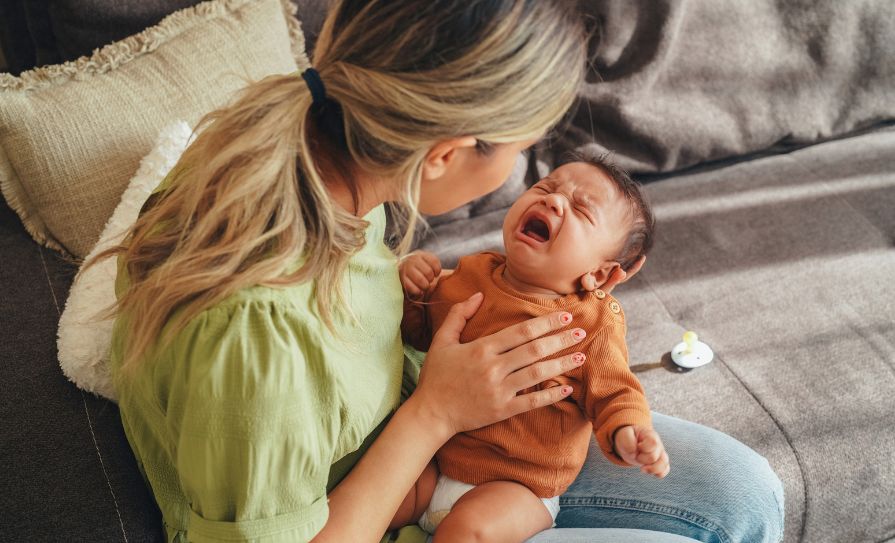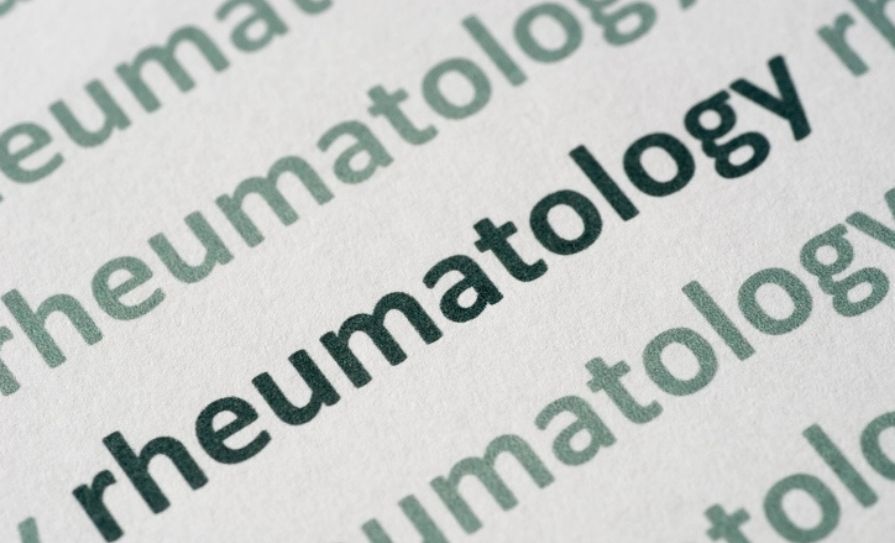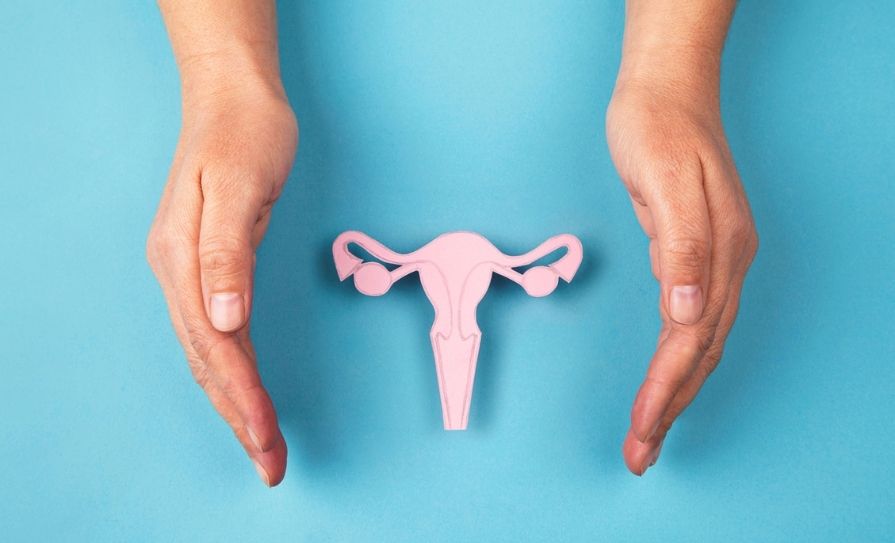Guidance for inflammatory bowel disease (IBD) services relating to Covid-19
Background
To help guide IBD services across the country during the Covid-19 outbreak, the National Clinical Programme in Gastroenterology and Hepatology has outlined information and advice below.
In as much as is possible, we have linked to the most recent national guidance documents.
Please check the HSE Repository for Interim Clinical Guidance intended for the clinical community for the latest version of all clinical guidance, hse.drsteevenslibrary.ie/Covid19V2.
This guidance document has been endorsed by the Irish Society of Gastroenterology. For further information, please contact Prof Laurence Egan, laurence.egan@nuigalway.ie.
Risk factors and prevention of SARS-CoV-2 infection
Prevention of SARS-CoV-2 infection in IBD patients
All IBD patients should observe the standard HSE and government advice to minimise the risk of infection. This advice is available online at www2.hse.ie/coronavirus/
IBD as a risk factor for acquiring SARS-CoV-2
As of 06 April 2020, 275 IBD patients (worldwide) who acquired SARS-CoV-2 infection have been reported to the Secure-IBD registry (covidibd.org/). This includes two patients from Ireland. Even allowing for under-reporting, these numbers are small and suggest that IBD is not a risk factor for SARS-CoV-2 infection. We encourage any IBD patient who tests positive for Covid-19 be registered in Secure-IBD. Of the 275 patients in the Secure-IBD registry, 76 have been hospitalised, nine required ICU admission, and 12 have died. These numbers are too small to draw any conclusions.
1. Hospital preparedness standard operating procedure
Teams should also develop a standard operating procedure (SOP) for Covid-19 which contains local protocols. This should be shared with the hospital Multidisciplinary Covid-19 Preparedness Committee. The National Clinical Programme in Gastroenterology and Hepatology recognises that staff from endoscopy units may need to be redeployed to other duties as part of emergency response planning. We advise including contingency plans to facilitate continued delivery of services in the SOP.
2. Scheduling, risk assessment and vulnerable groups
Infusion units should continue to treat all patients
For patients attending for IV treatment, consideration should be given to telephone pre-assessment 24-to-48 hours in advance of attendance to identify patients with risk factors and avoid attendance. Any patient who reports possible Covid-19 symptoms should be referred for testing and IV treatment should be delayed until negative swab results.
Special consideration should be given to the appropriateness of scheduling IV treatments for people over 70 years and those extremely medically vulnerable from Covid-19. IBD patients over 70 years of age, with significant comorbidities or with active disease on any immunosuppressant agents, biologics or systemic corticosteroids should stay at home (cocooning). National guidance in relation to these groups has been published. In this advice, members of the public who have questions about whether they are classified as medically vulnerable are advised to contact their GP or hospital clinician. “Cocooning is for your personal protection and if you are unsure whether or not you fall into one of the categories of extremely medically vulnerable people listed above, you should discuss your concerns with your GP or hospital clinician.” Please see Appendix 1 for a template of plain English advice which can be used when communicating with patients. For further information and definitions relating to medically vulnerable people, please refer to Covid-19 guidance on cocooning to protect people over 70 years and those extremely medically vulnerable from Covid-19, Version 1. 27 March 2020. www.hpsc.ie/a-z/respiratory/coronavirus/novelcoronavirus/guidance/vulnerablegroupsguidance/COVID- 19%20Guidance%20for%20extremely%20medically%20vulnerable%20V1.pdf
Social distancing and PPE during IV treatment
Patients must be scheduled in such a way that a minimum of two metres social distancing can be maintained in the unit. If the capacity of the unit is insufficient, stable patients could have infusions deferred for up to two weeks.
Where patients are attending the unit for IV treatment, staff should follow the guidance issued by the HPSC on the use of PPE while performing such procedures. The latest guidance about PPE is available online at www.hpsc.ie/a- z/respiratory/coronavirus/novelcoronavirus/guidance/infectionpreventionandcontrolguidance/.
Please note that for patients undergoing IBD treatment without suspected or confirmed Covid-19, standard infection prevention control measures should be applied. For emergency procedures where adequate risk assessment for Covid-19 in advance of the procedure cannot be performed, precautions should be used, as for cases of suspected or confirmed infection.
Considerations for outpatient clinics
Routine IBD patient follow-up should be by virtual clinics using telephone or videoconferencing. Only new patients and those in significant flares should be seen face-to-face.
3. Symptoms and treatment of Covid-19 in IBD patients Symptoms caused by Covid-19 in IBD patients
According to limited data, IBD patients present similarly to non-IBD patients, with fever, dry cough, myalgia and the other usual clinical features of the disease. According to a study including 1,099 patients with laboratory-confirmed Covid-19 from 552 hospitals in China as of Jan 29, 2020, nausea or vomiting, or both, and diarrhoea were reported in 55 (5.6 per cent) and 42 (3.8 per cent) of patients. SARS-CoV-2 particles have been isolated from stools. Therefore, one should keep an open mind about symptoms that might mimic an IBD flare and arrange viral swab for any IBD patient with a fever and who meets the current criteria for testing. Consider holding immunosuppressant agents, biologics and corticosteroids while awaiting swab results.
For further information, see ‘Implications of Covid-19 for patients with pre-existing digestive diseases’, which is online at www.thelancet.com/journals/langas/article/PIIS2468- 1253(20)30076-5/fulltext.
Treatment of IBD patients with Covid-19
Current recommendations are to individualise all treatment decisions in such IBD patients with Covid-19 in conjunction with infectious disease specialists. This is likely to include holding of immunosuppressant agents and biological IBD treatments, but there is very little evidence to guide any such clinical decisions.
For additional information and international expert option, please refer to the ‘Update on Covid-19 for patients with Crohn’s disease and ulcerative colitis’, published by the International Organisation for the Study of Inflammatory Bowel Diseases (IOIBD), www.ioibd.org, and available on the European Crohn’s and Colitis Organisation website, ecco-ibd.eu/publications/covid-19.html.
4. Other clinical considerations: Medication management and clinical trials
There is no evidence that any IBD medication increases the risk of contracting SARS-CoV-2 infection. Conversely, an IBD flare that resulted in significant morbidity might lead to worse outcome of Covid-19. Therefore, it is recommended that IBD patients should continue treatments, except corticosteroids. Most clinical trials in IBD have paused recruitment but patients already enrolled should continue.
Endoscopy and scans
Elective non-urgent procedures are cancelled in most hospitals around the world. The reasons for this include social distancing, permitting reallocation of staff to Covid-19 care areas, and preservation of PPE. In line with the advice of the British Society of Gastroentrology (BSG) and JAG, the HSE Acute Operations Endoscopy Programme has advised that endoscopy units should suspend all non-emergency endoscopic activity. In case of severe IBD flares or any other urgent clinical situation, clinicians should use judgement to decide when to perform endoscopy or scans in IBD patients and consider using non-invasive measures such as calprotectin instead. For further guidance on endoscopy, please contact Ms Grace O’Sullivan, Programme Manager, HSE Acute Operations Endoscopy Programme at graceosullivan@rcpi.ie or telephone 086 1409177 or 01 863 9692. You can also access the latest endoscopy advice online at hse.drsteevenslibrary.ie/Covid19V2.
Subcutaneous biologic and intravenous considerations
Switching from IV to SC biologics is an option to minimise hospital visits for IBD patients, but flares could occur. When starting a biologic, an SC option may be preferable to minimise hospital visits.
IBD patients who are healthcare workers
Healthcare workers who have IBD patients and who are on immunosuppressant agents, systemic corticosteroids or biological drugs should stay at home. Such healthcare workers should contact local occupational health for additional guidance and support.
Further national guidance in relation to Occupational Health is online at www.hpsc.ie/a-z/respiratory/coronavirus/novelcoronavirus/guidance/occupationalhealthguidance/.
Appendix 1: Plain English advice for IBD patients during Covid-19 outbreak
You are not at increased risk of developing Covid-19 because you have IBD (Crohn’s disease or ulcerative colitis).
You should follow all the HSE advice on cough etiquette, social distancing, and hand-hygiene.
You should continue to take all your regular medicines for IBD, unless your doctor advises otherwise.
If you take any of the following medicines, you should cocoon yourself (stay at home) because these medicines lower your immune system and may make it harder to fight Covid-19.
List of medicines:
▸ Ustekinumab (Stelara).
▸ Vedolizumab (Entyvio).
▸ Methotrexate.
▸ Infliximab (Remicade, Inflectra, Remsima).
▸ Adalimumab (Humira, Amgevita, Hulio, Imraldi).
▸ Golimumab (Simponi).
▸ Azathioprine (Imuran).
▸ Mercaptopurine (Purinethol).
▸ Tacrolimus (Prograf).
▸ Ciclosporin (Sandimmune, Neoral).
▸ Tofacitinib (Xeljanz).
▸ Clinical trial medications.
▸ Prednisolone (Deltacortril) at a daily dose of 20mgs or greater.
If you are an essential worker and are taking one of these medicines, you should discuss with your occupational health department before working.
For the most up-to-date national advice about cocooning, please go to the HSE’s dedicated Covid-19 advice page, which is online at www2.hse.ie/conditions/coronavirus/at-risk-groups.html.
If you develop symptoms of Covid-19, such as fever, cough or shortness of breath, you should immediately contact your GP or consultant.
If you notice your IBD symptoms are getting worse (flaring), contact your GP or consultant. There will be some changes in your follow-up at your hospital during the Covid-19 outbreak.
▬ Clinic appointments will be mostly by telephone.
▬ Routine scopes and scans will be deferred.
▬ IV infusions may be delayed.
This guidance document is dated 6 April 2020. For any updates, please refer to the HSE Repository for Interim Clinical Guidance, hse.drsteevenslibrary.ie/Covid19V2













Leave a Reply
You must be logged in to post a comment.